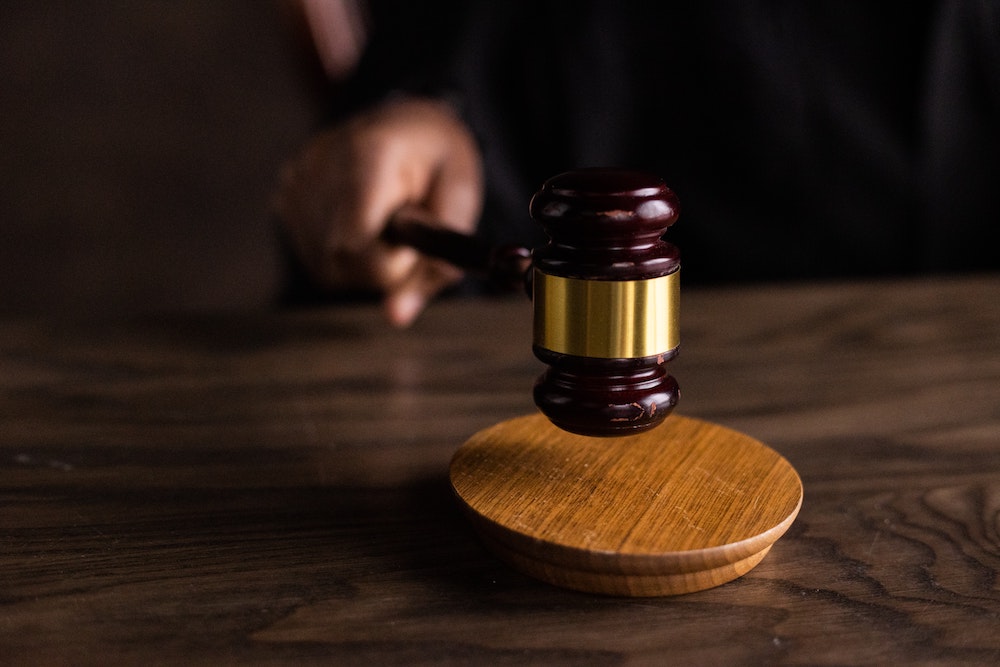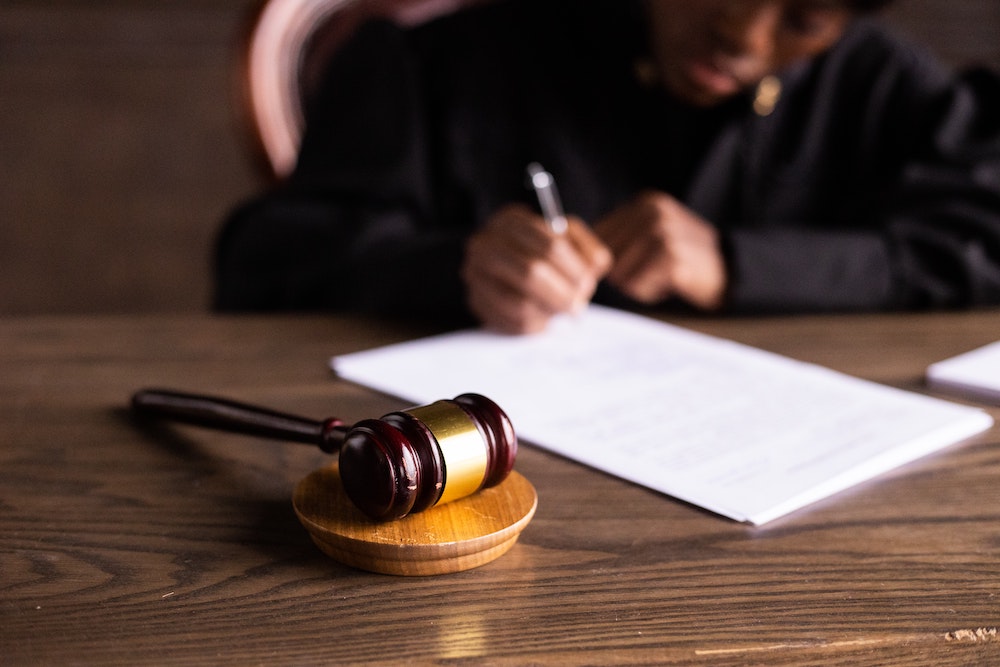Learn all about what is a bail hearing in Canada, the factors considered, and how to prepare for it. Contact us for legal advice and representation.
A bail hearing is an important legal process in Canada’s criminal justice system. It is a court proceeding where a judge determines whether an accused person should be released or detained while awaiting trial. In this article, we will discuss what a bail hearing is, the factors considered during a bail hearing, and how to prepare for a bail hearing in Canada.
What is a Bail Hearing?
A bail hearing is a legal proceeding held in court where a judge determines whether an accused person should be released or detained while awaiting trial. In Canada, an accused person is presumed innocent until proven guilty, and therefore, the judge must balance the accused person’s right to liberty with the need to ensure that they attend court to face their charges.
During a bail hearing, the judge will consider various factors, such as the seriousness of the offence, the accused person’s criminal record, their ties to the community, and the likelihood that they will attend court if released. The judge will also consider the risk that the accused person may pose to the public or to the victim if released.
Factors Considered During a Bail Hearing
When determining whether to grant bail, the judge will consider several factors, including:
- The seriousness of the offence: The more serious the offence, the higher the likelihood that the accused person will be detained.
- The accused person’s criminal record: If the accused person has a history of failing to appear in court or has previous convictions, the judge may be less likely to grant bail.
- The strength of the case against the accused person: If the Crown’s case is weak, the judge may be more inclined to grant bail.
- The accused person’s ties to the community: The judge will consider the accused person’s employment, family, and other ties to the community when deciding whether to grant bail.
- The likelihood that the accused person will attend court: The judge will consider the accused person’s past behaviour when deciding whether they are likely to attend court if released on bail.
- The risk that the accused person poses to the public or the victim: If the accused person poses a risk to the public or the victim, the judge may be less likely to grant bail.

Preparing for a Bail Hearing
If you are facing a bail hearing in Canada, it is essential to prepare yourself adequately. Here are some tips to help you prepare for your bail hearing:
- Hire a criminal defence lawyer: A criminal defence lawyer will help you understand the bail hearing process and provide you with legal advice on how to proceed. They will also represent you in court and argue on your behalf to secure your release.
- Collect evidence: Collect any evidence that may help you argue for your release, such as letters of support from friends and family, employment records, and any medical or mental health records.
- Be honest with your lawyer: It is essential to be honest with your lawyer about your past behaviour and any factors that may affect your bail hearing. This information will help your lawyer develop a strong argument in your favour.
- Dress appropriately: Dressing appropriately for your bail hearing shows the judge that you take the proceedings seriously.
- Be respectful in court: Show respect for the court and the judge by being polite and cooperative.
In conclusion, a bail hearing is an essential legal process in Canada’s criminal justice system. It is a court proceeding where a judge determines whether an accused person should be released or detained while awaiting trial. The judge considers various factors when making their decision, such as the seriousness of the offence, the accused person’s criminal record, and their ties to the community. If you are facing a bail hearing in Canada, it is essential to prepare yourself adequately by hiring a criminal defence lawyer, collecting evidence, and being honest with your lawyer. With proper preparation, you can increase your chances of securing your release on bail.
As a criminal lawyer in Toronto, we understand the importance of a fair and just bail hearing. Our experienced legal team has represented many clients in bail hearings and has a proven track record of success. We will work tirelessly to ensure that your rights are protected, and we will fight for your release on bail.
If you or a loved one is facing a bail hearing in Canada, don’t hesitate to contact us today. We offer a free initial consultation, where we can discuss your case and provide you with legal advice on how to proceed. We will be with you every step of the way, ensuring that your rights are protected and that you receive the best possible outcome.
If you or someone you know has been charged with a criminal offence, contact De Boyrie Law today for a free consultation. If your matter is immediate please contact us at (416) 727-1389. De Boyrie Law serves Toronto, and the Greater Toronto Area.

Alex De Boyrie is an experienced Criminal Defence Lawyer covering Toronto, and the Greater Toronto Area.
In short, Alex’s experience ranges from working on bail hearings, sexual offences, weapons and firearms, assault charges, drug offences, youth crimes, Impaired Driving, and other criminal offences.

